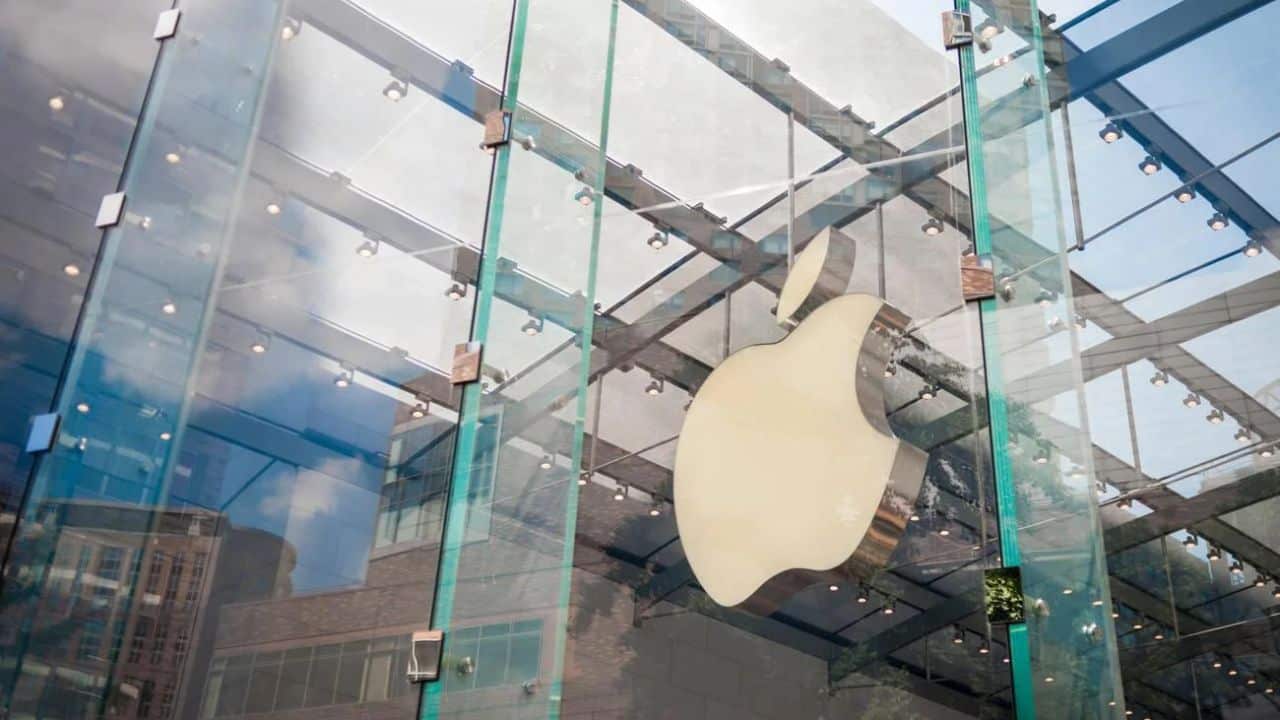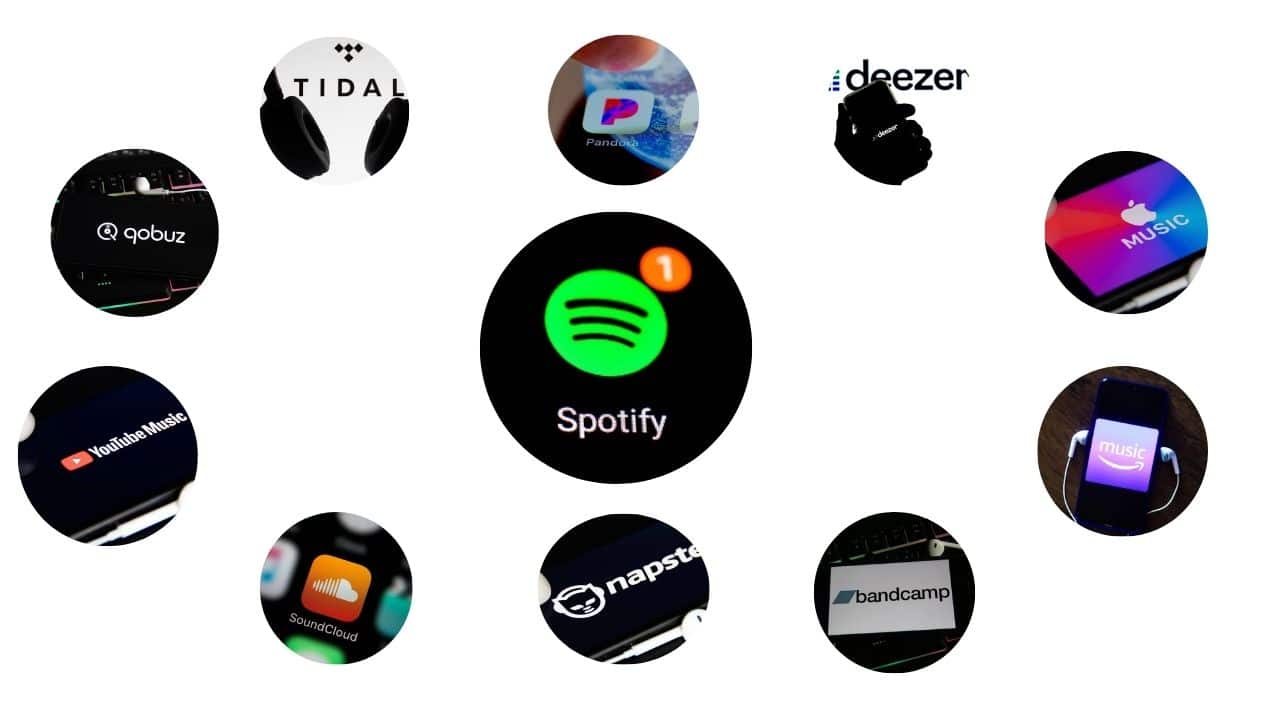If you wake up sleepy but cheerful in the evening, you may be a night owl – a sleep pattern or chronotype that makes you desire to stay up late and sleep in.
If so, you may be at a higher risk of getting type 2 diabetes as well as a variety of harmful lifestyle practices, according to a recent study.
“When we looked at the relationship between chronotype and diabetes, we found that night owls had a 72% increased risk of developing diabetes over the eight years of our study,” said lead researcher Sina Kianersi, a postdoctoral research fellow at Brigham and Women’s Hospital and Harvard Medical School in Boston.”
Researchers also discovered strong links between a “late-to-bed-and-rise” sleep pattern and other harmful habits — all of which are recognized contributors to chronic diseases like type 2 diabetes.
“Night owls were more likely to have a poor diet, be less physically active, drink more alcohol, have an unhealthy BMI (body mass index), smoke, and sleep less or more than the seven to nine hours recommended each night,” Kianersi added.
When Kianersi and his colleagues removed the unhealthy behaviours from the data, the likelihood of a night owl having type 2 diabetes fell to 19% when compared to early birds, or persons who like to get up and go to bed early. Additionally, you can also read about- Little Sleep Side Effects: This Causes Emotional Disturbances
“Even after accounting for all lifestyle factors, there is a slight increased risk of diabetes, suggesting that there could be some genetic predisposition accounting for both the diabetes and the evening preference, or potentially other factors that have not been accounted for,” said Dr. Bhanu Prakash Kolla, a sleep medicine specialist in the Mayo Clinic’s Center for Sleep Medicine in Rochester, Minnesota. He was not a participant in the study.
“The main takeaway is that people who have a clear evening preference should be aware of these risks, moderate their alcohol use, eliminate smoking, increase physical activity, get more sleep, and manage some of these risks as best they can,” Kolla wrote in an email.
What Is Your Sleep Rhythm?
Everyone has a 24-hour internal biological clock, known as a circadian rhythm, which governs the production of the hormone melatonin to encourage sleep. Personal sleep chronotypes are assumed to be inherited; however, they can be modified with moderate effort.
If you’re a natural early riser, your circadian rhythm releases melatonin considerably earlier than usual, allowing you to be more active in the morning. The internal body clock of night owls, on the other hand, secretes melatonin significantly later, making early mornings lethargic and pushing peak activity and alertness further into the afternoon and evening.
But it isn’t all. Every cell in the body has its own circadian rhythm, which includes when you are hungry, when you urinate, when you are energized enough to exercise, and how well your immune system functions. The body is out of sync when sleep disturbs those cycles.
“Our body’s temperature regulation can change, and metabolism can change in a negative way as a result of staying up late,” Kianersi explained. “We get a sort of domino effect, which can increase our risk of having diabetes, cardiovascular disease, and other chronic illnesses.”
Experts believe that early birds perform better in school and are more active throughout the day, which may explain why studies have indicated that they have a lower risk of cardiovascular disease.
Adapting Your Schedule to Your Sleeping Habits
The research, which was published in the journal Annals of Internal Medicine on Monday, tracked over 64,000 nurses who took part in the Nurses’ Health Study II, one of the largest studies of the risk factors for major chronic diseases in women.
From 2009 to 2017, researchers collected data on self-reported chronotype, diet quality, weight and BMI, sleep timing, smoking habits, alcohol use, physical activity, and family history of diabetes. This information was then cross-referenced with medical records to determine who developed diabetes.
While researchers discovered a link between diabetes and night owls who worked during the day, they did not uncover a link between night owls who went to work later in the day or worked nighttime shifts. If you want you can also read – 4 Tips to Sleep More Soundly at Night
“When chronotype was not matched with work hours, we saw an increase in type 2 diabetes risk,” said coauthor Tianyi Huang, an assistant professor of medicine at Harvard Medical School and an associate epidemiologist at Brigham and Women’s Hospital. “That was another very interesting finding suggesting that more personalized work scheduling could be beneficial.”
The study isn’t the first to discover a link between a later sleep chronotype and potentially harmful habits. One study released in June discovered that night owls were more likely to die young, owing to negative behaviors they established when staying up late, such as drinking and smoking.
According to a 2022 study, night owls were more sedentary, had poorer aerobic fitness levels, and burnt less fat while resting and exercising than early birds. Night owls were also more likely to be insulin-resistant, a pre-diabetic condition. Night owls have larger levels of visceral body fat in the abdominal region, which is a significant risk factor for type 2 diabetes and heart disease.
“A significant portion of the risk of developing diabetes is due to lifestyle,” according to Kianersi. “However, because our chronotype is shaped by both our genetics and our environment, we know that night owls can reduce their risk by maintaining a healthy lifestyle.”
Read More: Natural Sleep Aids: Embrace the Power of Nature for Better Sleep





































